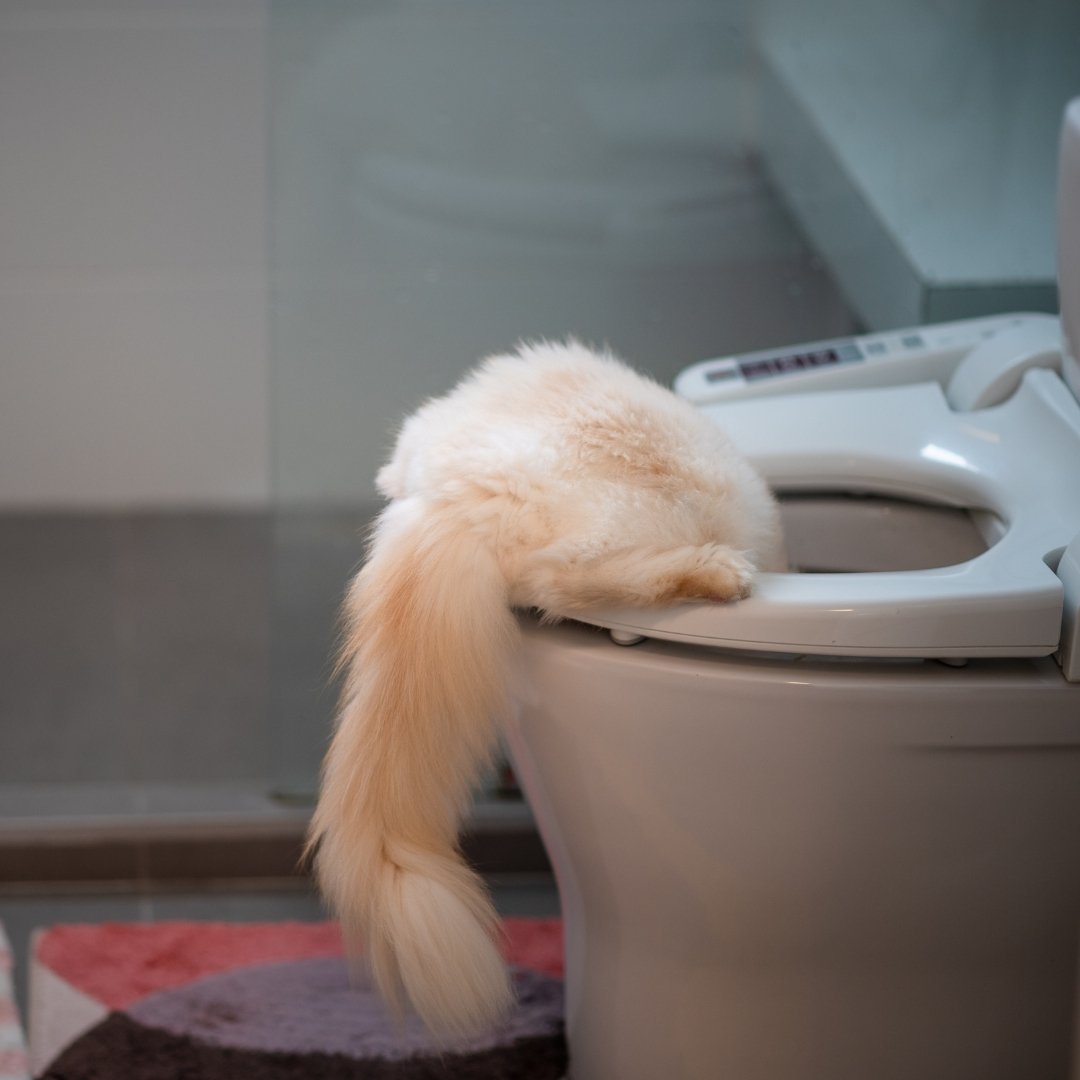Prevent Plumbing Problems: Don't Flush Cat Poop Down Your Toilet - Professional Guidance
Prevent Plumbing Problems: Don't Flush Cat Poop Down Your Toilet - Professional Guidance
Blog Article
The article below about Can You Flush Cat Poop Down The Toilet? is unquestionably compelling. Check it out yourself and decide what you think of it.

Intro
As feline owners, it's essential to bear in mind exactly how we deal with our feline friends' waste. While it might seem hassle-free to flush pet cat poop down the bathroom, this technique can have harmful consequences for both the atmosphere and human health.
Environmental Impact
Purging cat poop presents harmful microorganisms and bloodsuckers into the water system, posing a considerable threat to marine communities. These impurities can adversely influence marine life and concession water high quality.
Health and wellness Risks
In addition to ecological concerns, flushing pet cat waste can also posture health and wellness threats to people. Pet cat feces may consist of Toxoplasma gondii, a parasite that can trigger toxoplasmosis-- a possibly severe disease, specifically for pregnant ladies and people with damaged body immune systems.
Alternatives to Flushing
Thankfully, there are much safer and a lot more liable ways to get rid of feline poop. Consider the adhering to choices:
1. Scoop and Dispose in Trash
One of the most usual approach of disposing of cat poop is to scoop it right into an eco-friendly bag and toss it in the garbage. Be sure to use a specialized clutter inside story and throw away the waste promptly.
2. Usage Biodegradable Litter
Opt for naturally degradable pet cat litter made from products such as corn or wheat. These clutters are environmentally friendly and can be securely disposed of in the trash.
3. Hide in the Yard
If you have a backyard, consider burying feline waste in a marked location away from vegetable gardens and water resources. Make sure to dig deep adequate to stop contamination of groundwater.
4. Install a Pet Waste Disposal System
Invest in an animal waste disposal system particularly developed for feline waste. These systems utilize enzymes to break down the waste, minimizing odor and environmental effect.
Conclusion
Responsible pet possession expands past supplying food and shelter-- it also involves correct waste monitoring. By refraining from flushing cat poop down the bathroom and selecting alternative disposal techniques, we can lessen our ecological impact and secure human health and wellness.
Why You Should Never Flush Cat Poop Down the Toilet
A rose by any other name might smell as sweet, but not all poop is created equal. Toilets, and our sewage systems, are designed for human excrement, not animal waste. It might seem like it couldn’t hurt to toss cat feces into the loo, but it’s not a good idea to flush cat poop in the toilet.
First and foremost, assuming your cat uses a litter box, any waste is going to have litter on it. And even the smallest amount of litter can wreak havoc on plumbing.
Over time, small amounts build up, filling up your septic system. Most litter sold today is clumping; it is made from a type of clay that hardens when it gets wet. Ever tried to scrape old clumps from the bottom of a litter box? You know just how cement-hard it can get!
Now imagine just a small clump of that stuck in your pipes. A simple de-clogger like Drano isn’t going to cut it. And that means it’s going to cost you big time to fix it.
Parasitic Contamination
Believe it or not, your healthy kitty may be harboring a nasty parasite. Only cats excrete Toxoplasma in their feces. Yet it rarely causes serious health issues in the cats that are infected. Most people will be fine too if infected. Only pregnant women and people with compromised immune systems are at risk. (If you’ve ever heard how women who are expecting are excused from litter cleaning duty, Toxoplasma is why.)
But other animals may have a problem if infected with the parasite. And human water treatment systems aren’t designed to handle it. As a result, the systems don’t remove the parasite before discharging wastewater into local waterways. Fish, shellfish, and other marine life — otters in particular — are susceptible to toxoplasma. If exposed, most will end up with brain damage and many will die.
Depending on the species of fish, they may end up on someone’s fish hook and, ultimately on someone’s dinner plate. If that someone has a chronic illness, they’re at risk.
Skip the Toilet Training
We know there are folks out there who like to toilet train their cats. And we give them props, it takes a lot of work. But thanks to the toxoplasma, it’s not a good idea.

I hope you enjoyed reading our topic on Don’t flush cat feces down the toilet. Thanks a lot for taking time to browse our piece of content. Remember to take the time to promote this blog posting if you liked it. Thank you for your time. Please check our website back soon.
This Site Report this page